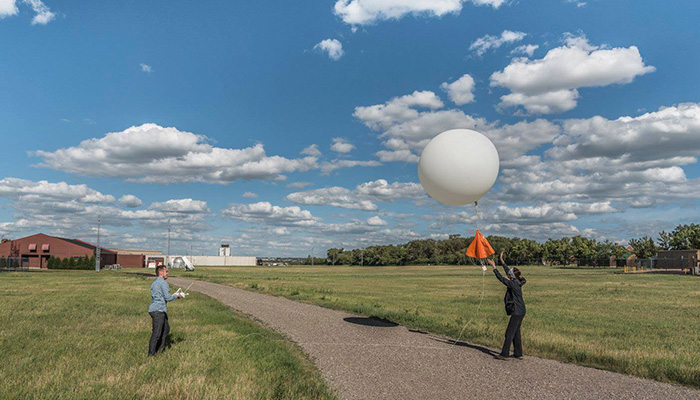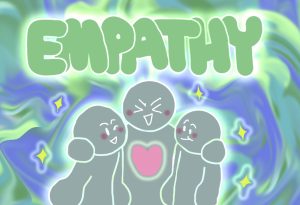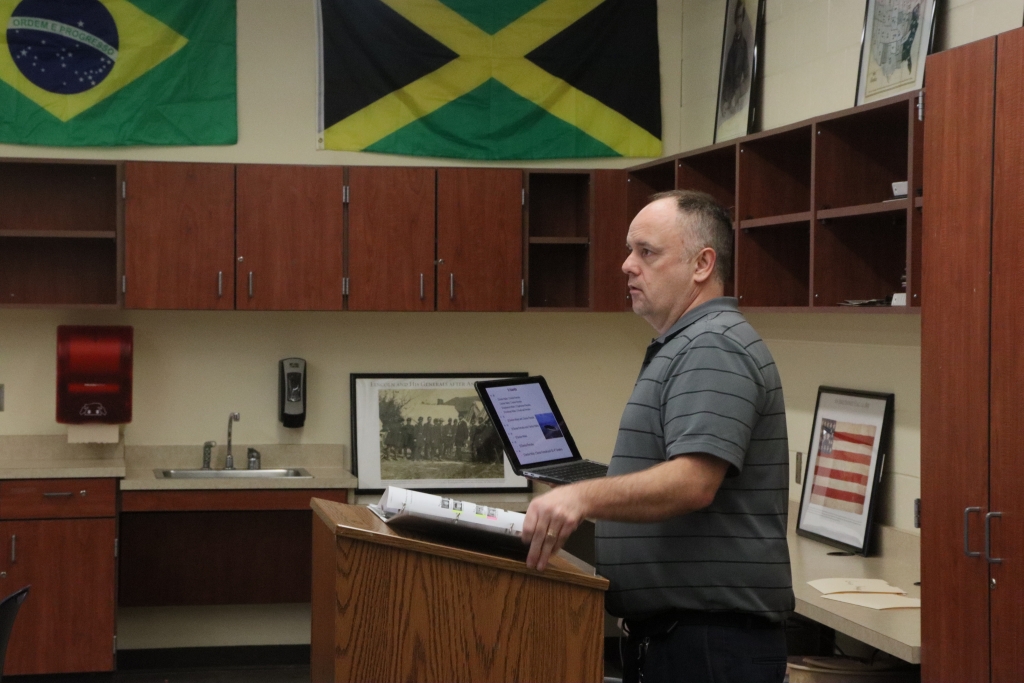Mental Health & Quarantine

Story By: Andi Fraser
Mental health is a very important topic that a lot of people around the world struggle with. Seasonal depression is common in the winter but this year it is especially challenging due to the COVID-19 pandemic. Mental health is defined as a person’s condition with regard to their psychological and emotional well-being. Mental health conditions range from anxiety disorders, mood disorders, psychotic disorders, and eating disorders.
During the first wave of COVID-19 outbreaks in early March, government shutdowns forced people into quarantine. Businesses, gyms, entertainment venues, and anything that encouraged large gatherings were shut down for the foreseeable future. Individuals were confined to isolation for their safety and the safety of their communities. Quarantine is a dangerous recipe for someone who suffers from seasonal depression, anxiety, or any mental illness that individuals may be suffering from.
According to the Kaiser Family Foundation or the KFF, parents reported that they have seen a decrease in their children’s mental health since quarantine and COVID-19:
“With long-term closures of schools and childcare centers, many parents are experiencing ongoing disruption to their daily routines. KFF Tracking Polls conducted following widespread shelter-in-place orders found that over half of women with children under the age of 18 have reported negative impacts to their mental health due to worry and stress from the coronavirus. Until recently, roughly three in ten of their male counterparts reported these negative mental health impacts… 49% of men with children under the age of 18 reported this negative impact on mental health.”
To combat the negative influences of quarantine and mental health at home, the Center for Disease Control and Prevention or theCDC, has provided online resources for individuals feeling the onsets of mental health illness symptoms during the COVID-19 outbreak here. The website states some healthy ways to cope with stress such as taking care of your emotional health, taking care of your body like taking deep breaths, stretching, or meditation. It also suggests to talk to people you trust about how you’re feeling, and it gives some crisis hotlines. Another option is the National Alliance on Mental Illness at 1-800-950-6264 and provide support and education that was not previously available to those in need.
If needed, some mental health hotlines are National Suicide Prevention Lifeline at 1-800-273-TALK (8255) for English, 1-888-628-9454 for Spanish or the Lifeline Crisis Chat where you can text rather than talk, and the National Helpline at 1-800-662-4357. The Trevor Project at 866-488-7386 open 24/7 offers support to the LGBTQ+ young adult community. The National Eating Disorder Association is 1-800-931-2237 helps with all kinds of different eating disorders in hopes to envision a world without eating disorders.
Some important ways to help your mental health is to keep your family, friends, and loved ones close, especially during these times of COVID-19 and quarantine for interactions for your mental health and to check up on others to make sure they are doing okay as well. Socializing safely with them by video chats, phone calls, socially distanced 6 ft apart, or with masks are all ways you can still talk to the people you love during these unfortunate times.
A student at Eudora offers advice for people struggling with their mental health. “Reach out to your friends, I promise that they will care. Talking to people about it really helps, and you shouldn’t feel ashamed about something that is out of your control. If you’re having a panic attack or something else that’s similar, it’s helpful to make lists in your mind to calm yourself down. You can do things that you did that day, places you want to visit someday, your favorite foods, and a lot of other things.”
Photo By: Danielle Proctor







